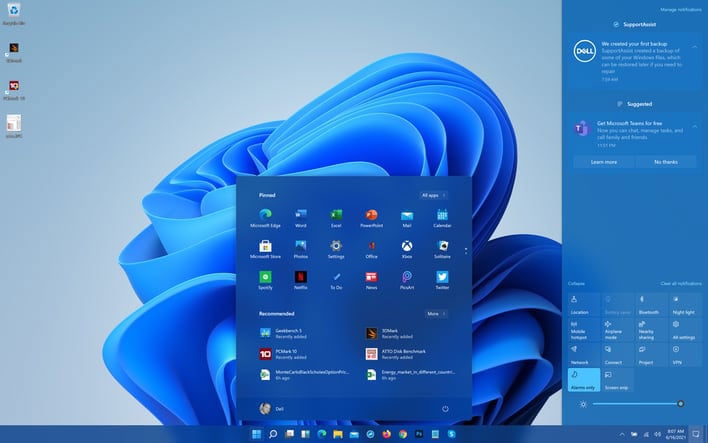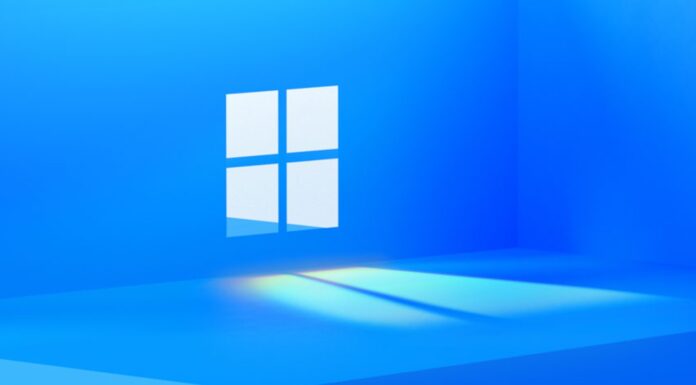
It's not, of course, but you do get a lot for your money: a the 64-core Threadripper Pro 5995WX, two professional graphics cards, five 3.5-inch storage drives, and up to an amazing 1TB of RAM.

The Precision is an eye-watering $23,289, making the ThinkStation's $16,905 price as tested look like a bargain. Thanks to an epic 64-core AMD Threadripper Pro CPU, Lenovo’s ThinkStation P620 can outrun even dual CPU workstations like our previous top pick for high-end workstations, the Dell Precision 7920 Tower. The NUC form factor makes it especially fitting for space-strapped offices or hybrid workplaces that don't want large, permanent towers cluttering up desks. With capability that can meet professional standards, this is one flexible mini PC, whether you want to use it to power signage or a point-of-sale device, or use it as your daily driver. It's also offered as either a preconfigured system, or a bare-bones kit (you provide the RAM, solid-state drive, and Windows license), making it a great choice for hobbyists looking to tinker. With plenty of ports and a design that encourages add-ons and novel uses, this tiny PC is great for everything shy of gaming and heavy media editing. Leveraging laptop components to create a truly compact desktop experience, the Intel NUC 12 Pro is surprisingly powerful, and ready for everything from media streaming to professional work. The latest Intel NUC (Next Unit of Computing) is another entry in Intel's long line of mini PCs, and another that comes highly recommended.

To run Windows 11 on M-series Macs, we will use virtualization software, which allows us to create a virtual machine that simulates a different hardware environment for the guest operating system. However, Microsoft has recognized the importance of the ARM architecture and is developing an ARM version of Windows 11 that is currently available as an 'Insider Preview' (beta). Windows 11 is designed to run on x86-64 architecture and requires specific drivers and software that are not compatible with ARM-based processors. This is because M1 and M2 Apple Macs use a different processor architecture (ARM) than traditional Intel-based processors.

Before we begin, it is worth pointing out that we can't natively install Windows 11 on M-series Macs like we can on Intel-based Apple computers.


 0 kommentar(er)
0 kommentar(er)
